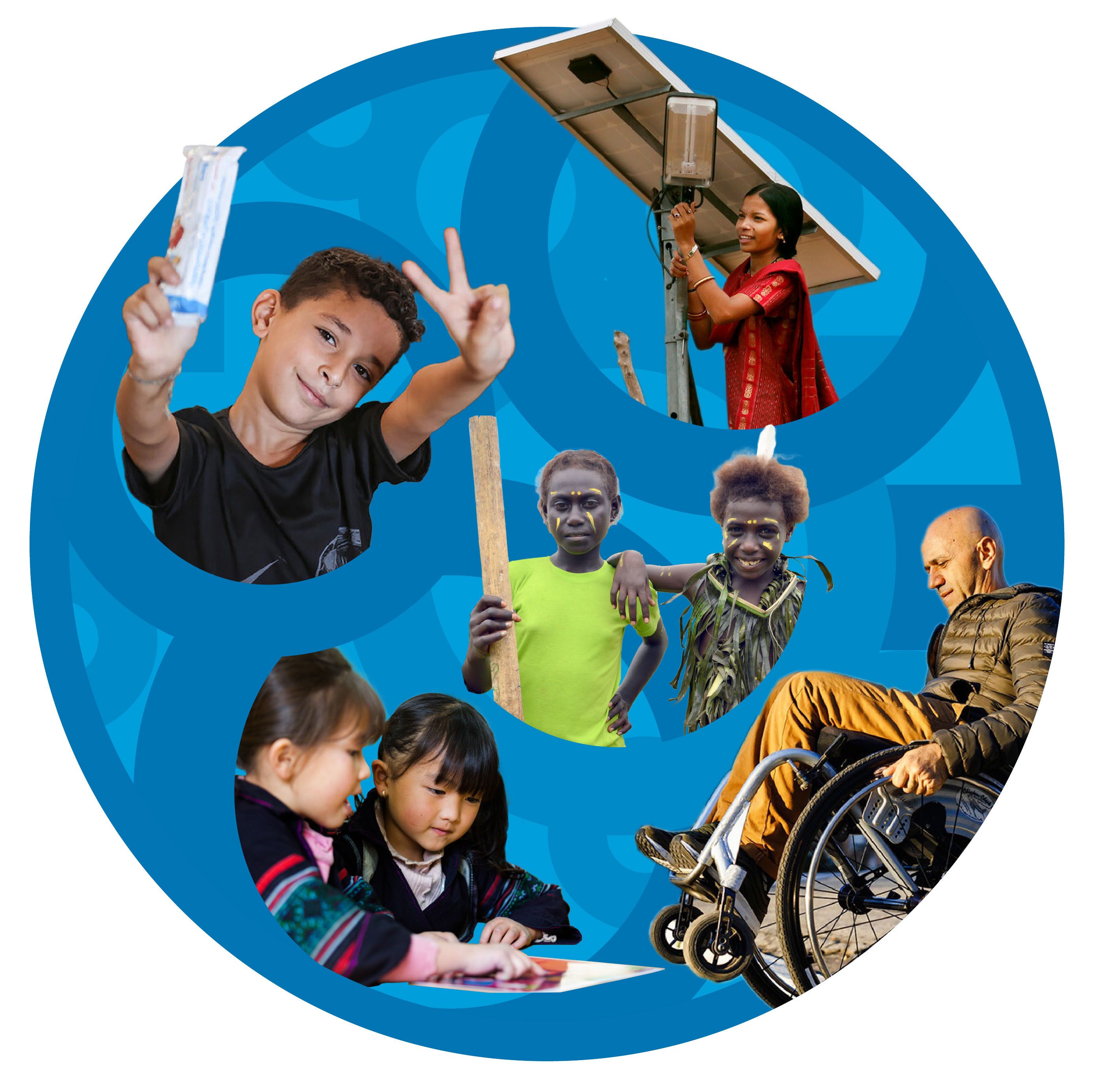Renewing Global Cooperation: The UN80 Initiative Explained

As the United Nations approaches its 80th birthday in 2025, it’s embarking on a major “tune-up” called UN80.
In March 2025, UN Secretary-General António Guterres launched the UN80 initiative – a comprehensive reform agenda to ensure the UN is “fit for purpose” entering its 80th year.
In simple terms, UN80 is a plan to revitalize how the UN works, so it can better tackle today’s global challenges and serve future generations.
In 1945, as the world emerged from the devastation of the Second World War, nations came together determined to “save succeeding generations from the scourge of war.”
On 24 October 1945—now celebrated as United Nations Day—the UN Charter officially entered into force, marking the birth of an organization committed to an entirely new level of international cooperation built upon international law.
Eight decades later, the United Nations has grown into the most universal international organization, unmatched in its global reach. As the UN approaches its 80th anniversary amid unprecedented challenges, it has launched a bold initiative—UN80.
The initiative is billed as a once-in-a-generation effort to make the UN more effective and relevant in a rapidly changing world.
For years, people talked about UN reform; now there’s an urgency to actually do it.
What is UN80 and Why Now?
UN80 is essentially a top-to-bottom review and reform of the entire UN system.
Think of a computer with lots of hardware and software updates over decades – the UN now has over 140 different entities carrying out thousands of tasks set by member countries.
“The mission of the United Nations is more urgent than ever. And it is up to us to intensify our efforts to deliver the Sustainable Development Goals and be laser-focused on implementing the Pact for the Future with its many pathways to strengthen multilateralism.”
What Changes Are in the Works?
The UN80 initiative is organized into three major workstreams:
Making the UN leaner and more efficient
Finding ways to cut costs and eliminate overhead. For example, the UN is looking at consolidating administrative services, moving some functions from expensive hubs like New York to lower-cost locations like Nairobi, and using more digital platforms to automate routine tasks .
The idea is to do more with limited funds, so money goes to programs on the ground rather than excessive bureaucracy.
Streamlining UN mandates and paperwork
Over 3,600 unique mandates (essentially tasks assigned by member states) exist for the UN Secretariat alone. Many overlap or have become outdated. This workstream is reviewing all those directives to spot duplications and simplify the UN’s to-do list.
Importantly, they’re not deleting mandates unilaterally – any mandate comes from governments – but they are finding ways to implement them more coherently.
Updating structures for greater impact
This deeper look asks if the UN’s current set-up is right for today’s world. It means considering mergers or realignments of agencies and programs where it makes sense.
It’s also about modernizing how the UN delivers in countries – making sure UN teams in each country work together seamlessly (“Deliver as One”) and have the right mix of expertise to support local needs.
These reforms span all pillars of the UN’s work – peace and security, development, humanitarian aid, human rights, and more. Inter-agency “clusters” are generating proposals in each area, so no part of the UN is left out.
A successful UN80 effort would mean prioritizing resources to high-impact areas, an optimized UN structure, a streamlined set of mandates, and ultimately greater impact for people worldwide.
A UN for the Future – By the Future
UN80 is as much about the future of international cooperation as it is about internal reforms. For young people, the stakes are high. A reformed UN could be better equipped to tackle climate action, create decent jobs in the green economy, uphold human rights in the digital age, and prevent conflicts – all issues youth care deeply about. It also sets the tone that the UN is willing to change and innovate, not just rest on 80 years of history. This openness to change can make the UN more accessible and relevant to the next generation.
There’s also a symbolic power here: in its 80th year, the UN is saying it’s not too old to learn new tricks. By emphasizing efficiency and results, UN80 aims to rebuild trust in multilateralism at a time when some voices doubt its value. For a young activist or policy enthusiast, seeing the UN streamline itself can be encouraging – it shows that global institutions can listen, adapt, and improve.
Of course, these reforms won’t be easy. They require support from member states (who must agree to adjust mandates or budgets) and will involve tough decisions. Some jobs may move or change, and traditional ways of working will be challenged. But as Guterres urged, “let us act with urgency and resolve to build the strongest and most effective United Nations — for today and for tomorrow.” The UN80 initiative is essentially an investment in the UN’s future – making sure that when today’s youth become tomorrow’s leaders, they have a United Nations that is agile, well-resourced, and truly fit to help them meet whatever challenges the world throws their way.

